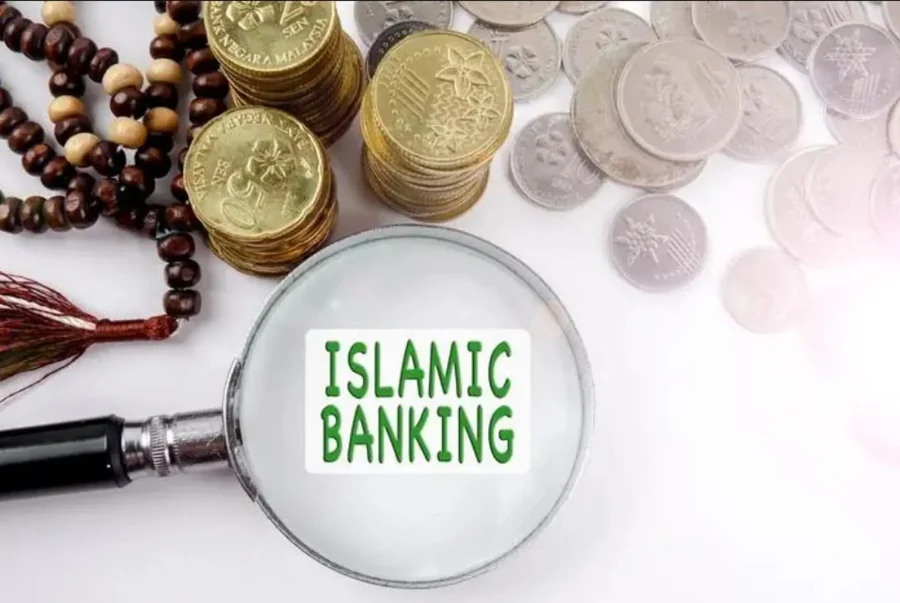The inherent strengths and welfare focus of Islamic finance’s profit-loss sharing banking system resonate widely with the people of Bangladesh. The global expansion of Islamic finance has spurred significant growth in Bangladesh’s Islamic banking sector, which now commands roughly 30% of the market share within the entire banking industry, effectively meeting the aspirations and needs of the country’s people.
Presently, the Shariah-based banking sector in Bangladesh holds a substantial portion of the financial market, encompassing approximately 27% of deposits, 28% of investments, and 39% of remittances. Despite challenges, Bangladesh’s Islamic Finance industry has made significant progress.
This growth is facilitated by the presence of 10 full-fledged Islamic banks, 30 Islamic banking branches operated by 15 conventional banks, and 615 windows provided by 15 conventional banks, all delivering Islamic financial services. As this sector continues to expand, there is an increasing demand for leadership, values, and ethics to guide Islamic finance towards achieving excellence.
In the realm of Islamic finance, ethics and moral conduct reign supreme, serving as the guiding principles that underpin its operations and objectives.
From its inception, Islamic finance has been imbued with a steadfast commitment to upholding integrity and ethical behavior, prohibiting any form of unethical conduct. This commitment extends to all facets of the financial services industry, emphasizing the importance of talent development and professionalism as integral components of its overarching mission.
The cultivation of talent within the Islamic finance sector is a multifaceted endeavor that requires the concerted efforts of institutions, including universities and professional bodies. These entities play pivotal roles in nurturing ethically-driven professionals equipped with the necessary skills and knowledge to navigate the complexities of Islamic finance. Central to this endeavor is the integration of Shariah principles into financial practices, ensuring that practitioners possess a deep understanding of both finance and Islamic jurisprudence.
Human intellectual capital stands as a cornerstone of Islamic finance, driving its performance and market competitiveness in a rapidly evolving global landscape.
As innovation continues to reshape the financial services industry, the demand for specialized expertise and competencies within Islamic finance grows exponentially.
Thus, the cultivation of a diverse talent pool becomes imperative for the sustainable growth and development of Islamic finance institutions.
At the heart of Islamic finance lies a commitment to professionalism and ethical conduct, serving as pillars that fortify its relevance and sustainability over the long term. Practitioners are duty-bound to uphold the highest standards of ethical behavior, guided by principles that prioritize the well-being of society. Professional credentials, such as the Certified Islamic Professional Accountant (CIPA), Certified Shariah Advisor and Auditor (CSAA), Certificate of Proficiency in Financial Accounting Standards (CPFAS) designations issued from AAOIFI, serve as benchmarks for excellence, ensuring adherence to sound and fair practices in a dynamic and evolving environment of Islamic Finance.
Compassionate leadership plays a pivotal role in advancing the principles of Islamic finance, driving capacity development strategies and fostering a culture of integrity and professionalism within Islamic financial institutions (IFIs). Leadership must prioritize talent development as a core strategic initiative, leveraging key performance indicators (KPIs) to measure progress and impact. By championing ethical conduct and values-driven decision-making, leaders pave the way for transformative change within the industry.
A key avenue for realizing this vision lies in the fusion of Shariah principles with modern financial instruments, enabling the creation of tailored solutions that address the diverse needs of society. Islamic financial institutions possess the unique capacity to engage in blended finance initiatives, leveraging philanthropic and risk capital to drive sustainable development efforts. By integrating Islamic social finance mechanisms, IFIs can uplift vulnerable communities and promote inclusive growth on a global scale.
The adoption of digital financial services emerges as a crucial catalyst for accelerating the growth and accessibility of Islamic finance. Through the establishment of Islamic digital banks and the expansion of digital takaful operators, IFIs can enhance financial inclusion, intensify market competition, and improve operational efficiency. Moreover, advancements in technology, such as blockchain and artificial intelligence, offer unprecedented opportunities to enhance transparency, accountability, and decision-making within Islamic finance.
In conclusion, the convergence of Islamic finance and fintech represents a transformative opportunity to revolutionize the financial landscape, empowering individuals and communities to thrive in a more inclusive and sustainable economy. By embracing technology and fostering a culture of ethical leadership and values, Islamic finance can unlock its full potential as a force for positive change, driving prosperity and well-being for generations to come.—The Business Standard









